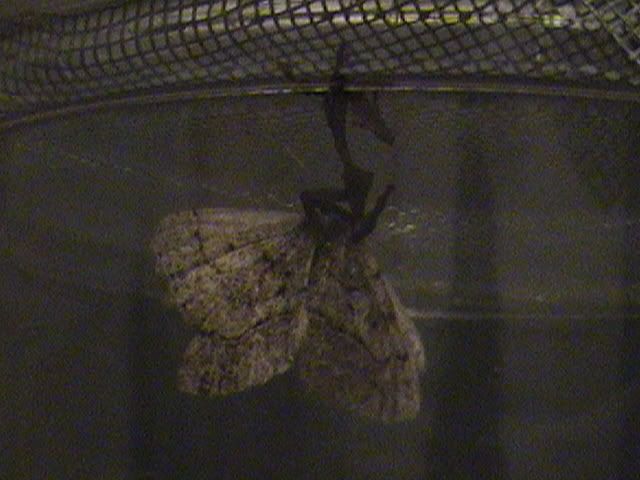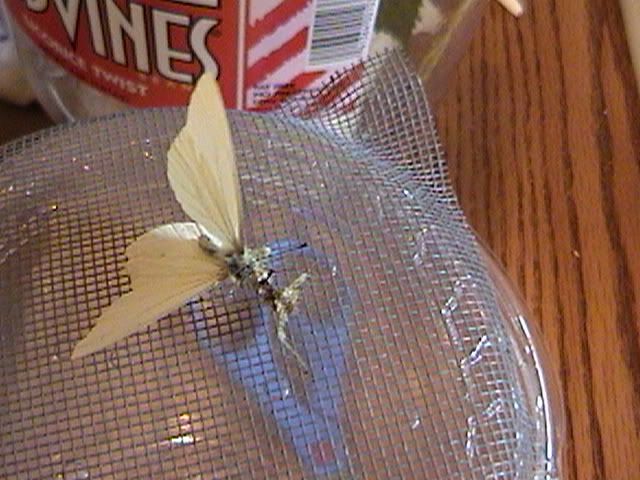Yes Joe, this is the well-known Superfreak Principle that says that optimal growth is obtained if a predator feeds on the largest pray it can manage, thereby minimizing the energy required to capture prey. The other factor in insects is temperature, but there are several limiting factors. You probably know the technique used for mantis species where the male ecloses sometimes several weeks before the female and is over the hill before the female is ready to mate. In nature, this is fine; he simply goes off and finds a female from an ooth that hatched earlier, thereby reducing the effects of inbreeding, but in captivity, one strategy is to feed him less and keep him at a lower temperature and increase the food and temp. for the female. The result is not tiny males and huge females but a reduced intermolt period (stadium) in the female and a slightly longer one in the male.
There is no doubt that an optimally fed mantis will be somewhat larger that a minimally fed one, and will reach adulthood rather faster, but the differences are not great. One direct reason for this is that, like humans, the mantis stops eating when it is full.
An indirect reason is that the maximum size of most creatures is genetically controlled. When a nymph or small mantis is confronted by a predator, it can scamper off and hide, an excellent strategy. Large adult mantids, who can't scamper, like a peacock for example [thank you Peter!], tend to rely on cryptic coloration (camo) or their attractive --to us -- but rather futile deimatic (warning) displays. (There's a long chapter on this in Prete's book). Everything else being equal, a predator like a bird is going to pick off a large (more easily seen) slower moving mantis than a smaller one, thereby fulfilling the Superfreak Principle itself.
I've got to say, though, Joe, that for me, one of the pleasures of keeping mantids is seeing the amazing skill amd alacrity with which they capture large flying prey!
All of this is pretty basic, non controversial science folks. Is it helpful, or do your eyes begin to glaze over after the first para? If they do, please tell me!



















































